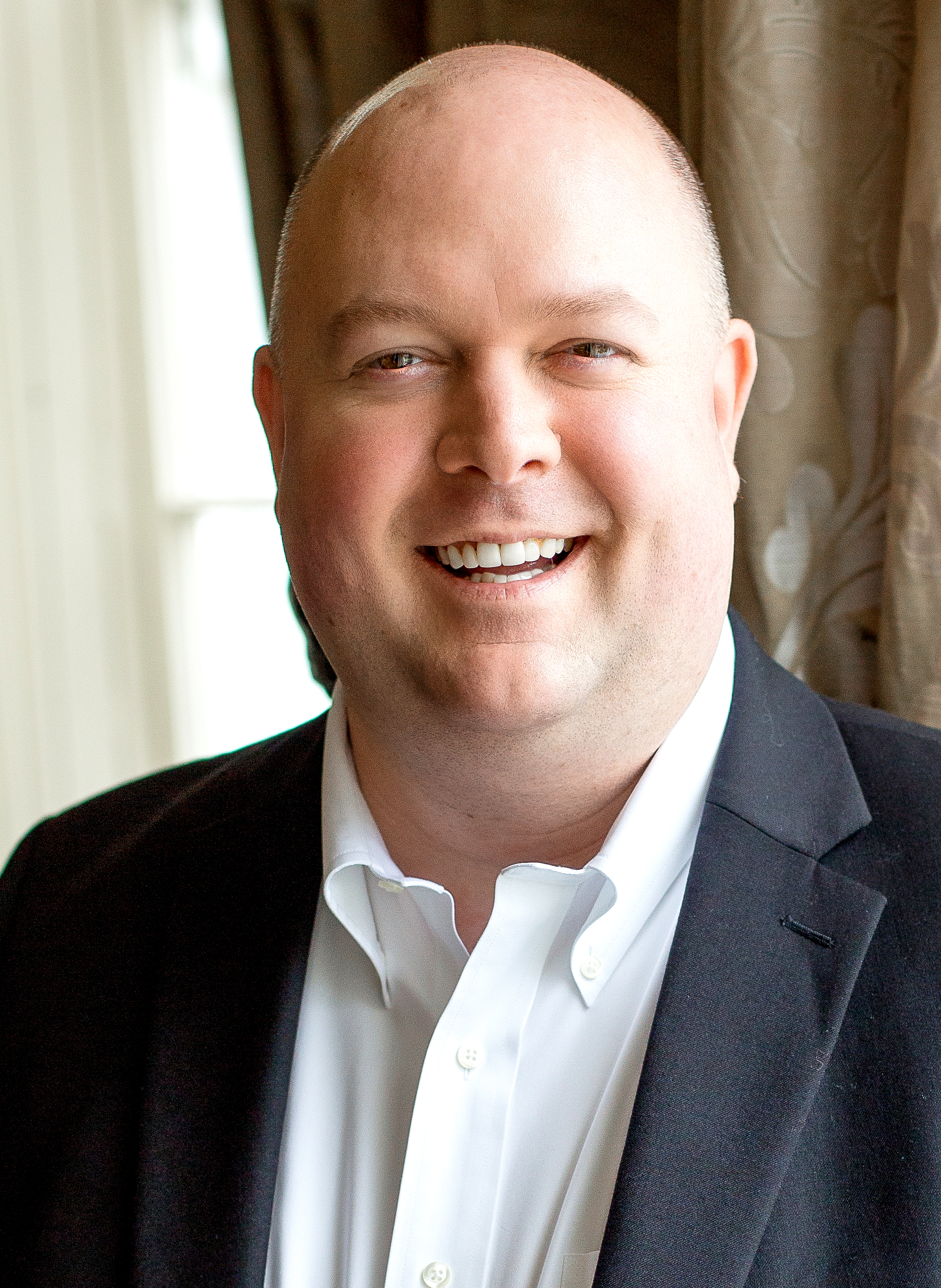|
VOICE ACTING By J. Michael Collins This is not an article about politics, but rather the impact of socio-political and socio-psychological trends on the commercial industry, and how that impacts the choices we make as voice actors. My job is to keep my finger on the pulse of the industry, and regardless of how we individually feel about the results last Tuesday, they are going to have an effect on our business. I’ve been having conversations with advertising industry players since the election was decided, and I am convinced that we are about to see a rapid shift in what gets hired for commercial voice over as a result of the vote, and that we need to be aware of what is coming. The consistent theme of these conversations has been that buyers/brands/corporations and the advertising pros who support them have been jarred into a massive rethinking of how they have been selling many of their products. Much like many people did not see what the tea leaves were saying about the election, advertisers were caught off guard by the possibility that they have been missing market segments and positioning their brands in ways that are not effective to substantial portions of the population. 'THE BEFORE TIME' ... Let’s add some historical context with regard to how the political climate pertains to delivery and performance trends in commercial voiceover. We’ll begin with 1996-2000, Bill Clinton’s second term as President. Everything prior to this period falls into the category of “the before time,” where announcer reads were fairly universal in commercial VO. The first hints of change came during the dot com boom, during Clinton’s second term. Millennial voices began to find some traction, especially in the tech vertical, with younger male voices in particular starting to book reads that I would describe as pre-conversational. They weren’t as nuanced or acting-centric as much of what we have seen over the past decade-plus, but they were very different for the era. They felt like the future, and dovetailed with an optimistic America where the stock market was through the roof, “the end of history” had been declared, and there was an assumption that we were entering a period of permanent peace and innovation. The dotcom crash, and then 9/11, put a hard stop to many of these trends. THEN MORE CORPORATE & ASSERTIVE The Bush era saw a reversion of commercial performance trends to reads that were more corporate, polished, and in many cases assertive and even Alpha. While there were exceptions in places, the period between 2000 and 2008 was a time where powerful voices dominated commercial VO, and there was less room for brighter, fresher sounds. Eight years of trauma, war, and two massive economic collapses, (the bursting of the tech bubble and then the Great Recession,) changed the mood of the nation, and in 2008 Barack Obama was elected on a platform of hope and change. Simultaneously, we began to see the beginning of the conversational revolution in commercial VO (and other genres as well,) as the nation and VO industry embraced introspection, self-care, youth, and diversity. This trend snowballed into an unstoppable juggernaut, and has dominated the commercial space for over a decade. TRENDS ACCELERATED Correlating trends like these to political winds and national psychology, one might have expected a pivot back to older-school approaches after the 2016 election. Rather, the unexpected nature of Donald Trump’s first win, coupled with the immediate resistance to the new administration, if anything led to an acceleration of the already prevailing trends, with smaller, acting-centric, conversational, relatable, and deeply authentic reads dominating throughout the 2016-2020 period. The COVID pandemic enhanced the appeal of less-is-more approaches and human connection in commercial VO performance, as the nation needed comforting, and in-your-face deliveries were largely frowned upon. This continued largely through 2022 into the Biden administration, however even before last week’s election we have been beginning to see signs of the methods that have been dominant since the late ‘aughts starting to become less omnipresent. The “Happy Mom” read started trending in 2023 with a little more polish and sunshine returning to many female reads. Certain verticals that trend heavily male have seen a bit more push in performance over the past year. It makes me wonder if we could create some algorithm that might use VO trends to forecast elections, LOL. The conversational read still predominates, but this may be about to change. CHANGES TO EXPECT NOW ... Indeed, in the conversations I’ve been having over the past week, I’m being told to expect much more of the following to make it to air, (which, as always, doesn’t mean the specs will immediately change, but they could do so more rapidly than we’ve seen in the past.) 1. Assertiveness in general, across the board for men and women, and all demographics. We’re not going back to 1990’s announcer puke, but push and polish may be making a rapid return. 2. A trend towards somewhat older talent. 3. Female reads that are steely and confident, male reads that are more Alpha without being priggish. 4. The “tech-bro” read becoming a thing very quickly, especially around suddenly hot-again crypto and finance products, and other tech-heavy industries. 5. Alternatively, MUCH more targeting and geo-fencing, with heavy emphasis on compassionate reads for verticals that may be directly impacted by the shifting socio-poitical landscape, especially healthcare and health services. 6. No shift away from diversity. Indeed, I’m told that diverse voices may now be actively considered for product categories that may not have previously been accessible, as companies realize that consumption patterns are not as monolithic in some spaces as they might have assumed. BUCKLE UP ... Overall, the consensus is that, with the exception of commercials that contain humor, which could become edgier but are otherwise unlikely to change in terms of delivery, the days of less-is-more may be numbered, and with a low number indeed. The election is still, and will remain a sore subject. I’m not here to judge your politics. I’m here to pass along information that IS ALREADY CHANGING THE WAY I AUDITION, and will affect all of us. The coming months and years may see events that cause these shifts to be short-lived. Alternatively, they may become “the next thing,” after over a decade of everything moving in one direction performance-wise. Commercial VO has been overdue for a pivot. Buckle up. Email: jmichael@jmcvoiceover.com |
As of the NEW website launch, 03/22/2012






.png)




Eye-opening things to consider for audition modifications!
Mike